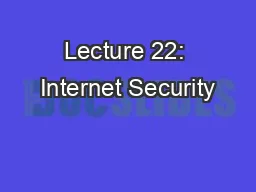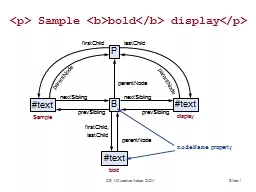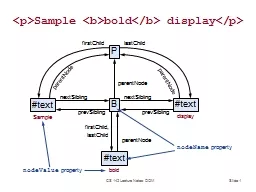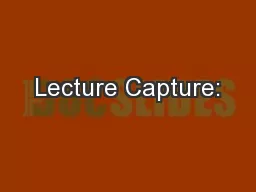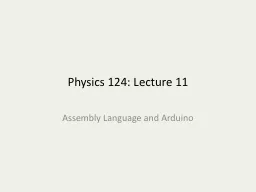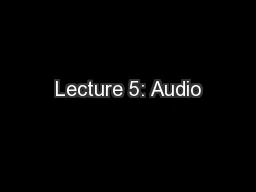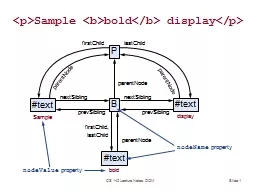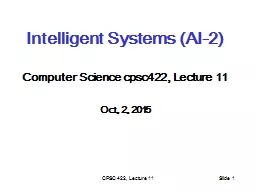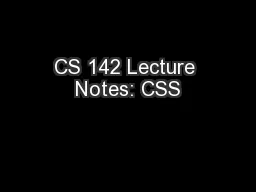PPT-Lecture 32: Chapter 5
Author : pasty-toler | Published Date : 2015-12-06
Todays topic Cache performance assessment Associative caches Reminder HW8 due next Friday 11212014 HW9 due Wednesday 12032014 Grades so far httpeecswsueduhassancs260hwsCS260Gradespdf
Presentation Embed Code
Download Presentation
Download Presentation The PPT/PDF document "Lecture 32: Chapter 5" is the property of its rightful owner. Permission is granted to download and print the materials on this website for personal, non-commercial use only, and to display it on your personal computer provided you do not modify the materials and that you retain all copyright notices contained in the materials. By downloading content from our website, you accept the terms of this agreement.
Lecture 32: Chapter 5: Transcript
Download Rules Of Document
"Lecture 32: Chapter 5"The content belongs to its owner. You may download and print it for personal use, without modification, and keep all copyright notices. By downloading, you agree to these terms.
Related Documents



